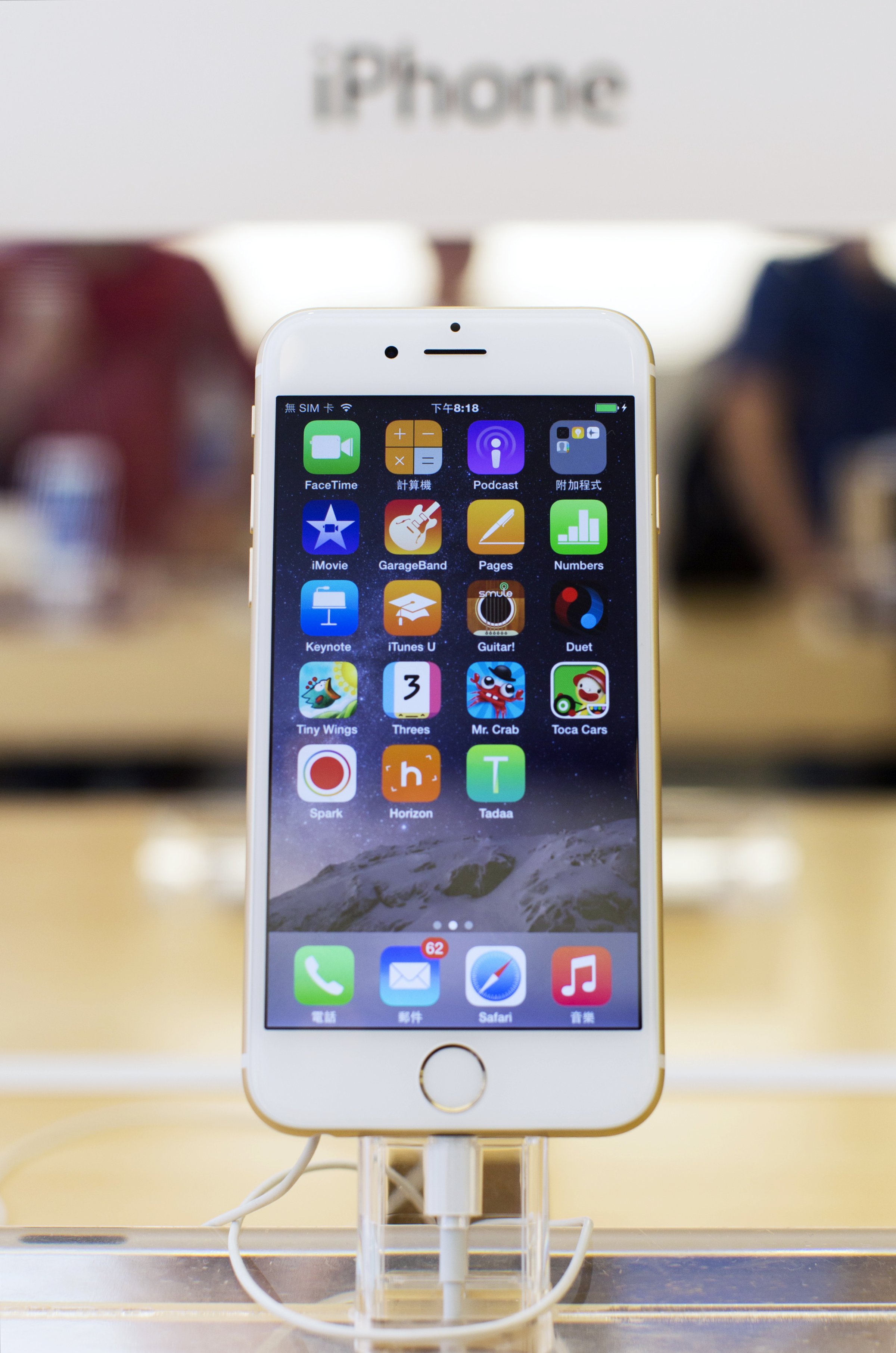
Why are we so obsessed with the release of Apple’s new mobile operating system, iOS 8? The election of a new Pope barely generated as much as anticipation and coverage. Sure, Apple is touting it as the “biggest iOS release ever,” and if there’s anything Steve Jobs’ heirs know better than sleek design and high-profit margins, it’s how to hype something P.T. Barnum–style.
But we’re right to care. Our gadgets—phones, tablets, PCs, wrist monitors, you name it—are nothing less than the magic that we use to generate the illusion (and sometimes the reality) that we can actually control our lives. “Any sufficiently advanced technology is indistinguishable from magic,” quipped the science-fiction legend Arthur C. Clarke, whose dark vision of a supercomputer that bends humankind to its will animated 2001: Space Odyssey. A similar question haunts us, especially whenever our OS fails and we find unexpected, unscheduled, un-busy time on our hands: Are we running our machines or are they running us?
Your smartphone not only lets you talk with anyone in the world wherever you are, it also acts as a portable GPS that lets you find the most off-the-beaten-track address (unless, that is, you’re stuck using the original version of Apple Maps). What was once science fiction in Dick Tracy comics—video calls—is now known as Facetime or Skype. “Wearables” like Fitbit allow us to know how well we slept, how many steps we’ve taken in a day and how many calories we need to burn before eating another doughnut.
In the new world of technology über alles, the operating system is the god of the machine. If it functions well, all is smooth sailing in our lives and we can be pretend to be wizards and witches from storybooks, able to traverse time and space and make miracles happen. We can arrive on time via uncongested routes and we can bank from the coffee shop and invest while riding the subway. We can set the home alarm long after we’ve left for work, track the kids’ homework and use a flight delay as a way to catch up with our friends, lovers and co-workers.
As we voluntarily become cyborgs and wire ourselves up and express ourselves instantaneously through an ever growing array of social media, we need a perfect operating system that allows us to multitask with ever greater flexibility and ever greater ease across computers, phones, tablets and more. Who has time to reboot any of our peripheral devices? Indeed, what machines even count as peripheral anymore? They are all central to us, and more so with each passing day.
In its heart of hearts, Apple knows just how high the stakes are. No company, even one as worshiped by its fans as Apple, is ever more than a couple of flops away from being cast into furnace of hell. Its previous mobile operating system, iOS 7, was a disappointment, if not an epic fail like Windows 8 or Vista, to name two of Microsoft’s ill-conceived and executed operating systems. iOS 8 must be better, smoother, faster, or else even true believers may revolt and slay their god. (Alas, the early reviews for iOS 8 are not heartening.)
In Rudyard Kipling’s The Man Who Would Be King, a common Englishman is mistaken for a god by natives. When they realize he is not the divine entity they took him for, they cut off his head with the crown still on it. That is the irony that Apple seeks to avoid: Nobody causes more disappointment than a god that fails.
Gillespie is the editor in chief of Reason.com and Reason.tv and the co-author with Matt Welch of The Declaration of Independents: How Libertarian Politics Can Fix What’s Wrong with America.
More Must-Reads From TIME
- The 100 Most Influential People of 2024
- The Revolution of Yulia Navalnaya
- 6 Compliments That Land Every Time
- What's the Deal With the Bitcoin Halving?
- If You're Dating Right Now , You're Brave: Column
- The AI That Could Heal a Divided Internet
- Fallout Is a Brilliant Model for the Future of Video Game Adaptations
- Want Weekly Recs on What to Watch, Read, and More? Sign Up for Worth Your Time
Contact us at letters@time.com